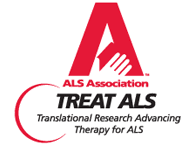New stem-cell guidelines released yesterday by the National Institutes of Health would limit federal funding of the research to embryos left over at fertility clinics and prohibit funding of embryos made by cloning or certain other methods.
"We are likely to increase greatly the number of human embryonic stem cells available for federal funding," acting NIH director Raynard Kington said.
"This is a remarkable development that promises to speed the research that one day may fundamentally change the way we do [medical] research," he added.
The guidelines restrict funding of work on cells made using certain more experimental methods, such as creating stem cells from a human egg only, a process called parthenogenesis, and a cloning technique called somatic cell nuclear transfer.
They also would prohibit funding of work on embryos created specifically for research purposes, with the aim of keeping the money going to work using cells taken from embryos that parents donated after they decided not to try to use fertility clinic embryos to create a pregnancy.










3 comments:
Entire text is available at http://stemcells.nih.gov/policy/2009draft
Interesting reading.
http://www.denverpost.com/headlines/ci_12178920
Thank you for that comment coming from the Denver Post. This is the reason that the ALS community needs to support this research from all fronts. We are tired of hearing about China and treatments being conducted without guidelines. Where would we be today if we thought autopsies were unethical?
Post a Comment